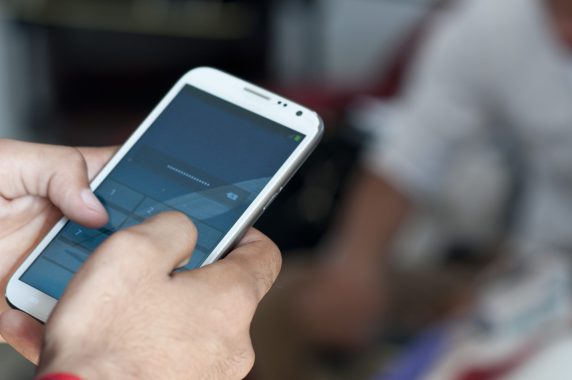Why general practice should embrace the NHS App


Every day, medical innovation transforms and enhances lives, and in my role as health minister I am fortunate enough to hear about it first-hand.
From robotic surgery to world-leading research into genomic medicine, the NHS is regularly at the frontier of new medicine.
But despite this excellence, our health service has a chequered history when it comes to technology. We don’t always embrace the disruptive, and as the fourth largest employer in the world, the NHS has a duty to make sure we are always looking forward, to keep pace with a society that is increasingly reliant on smartphone technology to manage every aspect of our lives.
That’s why last year the health secretary pledged that patients across the country would have access to an integrated smartphone app to organise their most common health and care needs.
The app has the potential to transform the way we access medical advice and support from GPs
By the end of this year, the NHS App will give patients the ability to contact NHS 111, view personal health records, book GP appointments and order repeat prescriptions – all from their handsets. The app, once deployed, will also allow patients to express or change their organ donation preferences, set data sharing controls, and access support for long term conditions.
I’m pleased to say we are on track to honour that pledge. Comprehensive testing and user analysis means that soon patients will be downloading and using the NHS app as part of a beta phase, giving them access to all these core services in a way that is fast, efficient and intuitive.
Developed by NHS Digital, the app will be available through the Apple Store, Google Play for free. Once installed, all users have to do is sign up for an NHS account to get going. They can then manage their ‘medical life’ at the touch of a screen and the swipe of a finger.
The app has the potential to transform the way we access medical advice and support from GPs. As a time saver alone, it could alleviate the frustrations encountered by patients who traditionally call or visit often busy local practices for routine requests.
On the clinical side, GPs and their practice staff should also welcome its arrival – another technological advance freeing up time to address more urgent and complex patient needs.
In time, we hope the app, in tandem with other innovations, eases pressures on community and A&E services.
This is another expression of our rights as citizens in a modern, progressive society. It means more power to patients, giving them the tools to control how their data is used, and how they interact with the health service.
However, we know that an app-first approach won’t suit everyone. It is not a replacement for existing routes to GPs and other clinical services. It is another means by which patients, their carers and advocates can get the help they need when they need it
Our health is a fundamental part of our lives, and it should be integrated into the way we now run those lives: digital-first and patient-led.
Lord O’Shaughnessy is parliamentary under-secretary of state for health (Lords)










